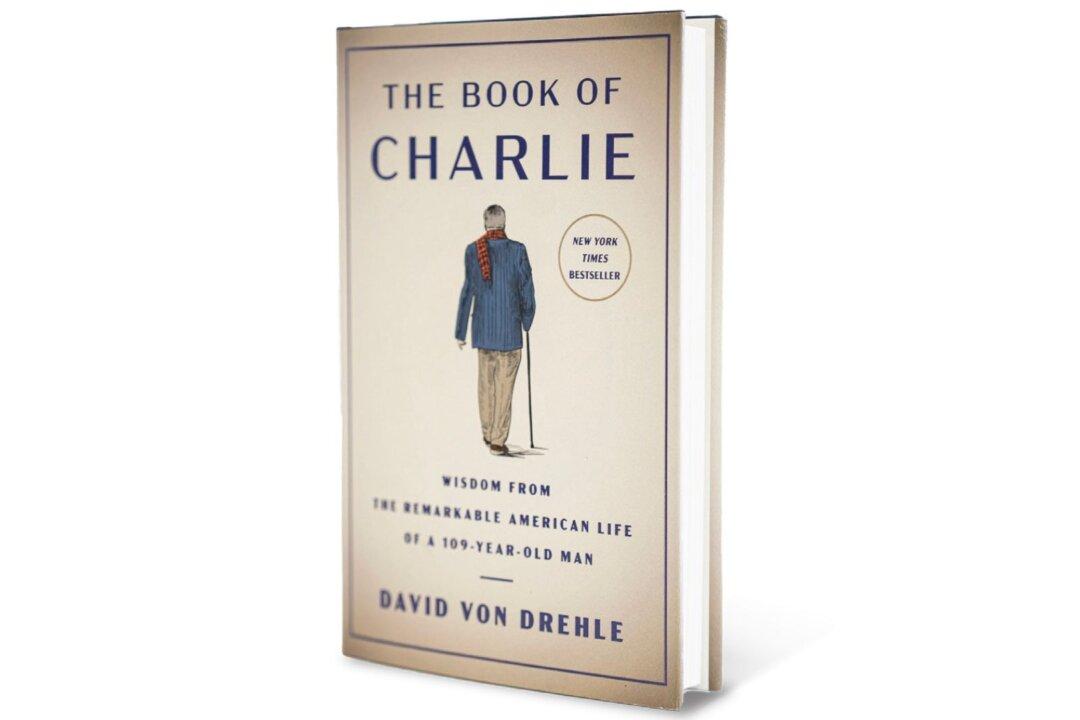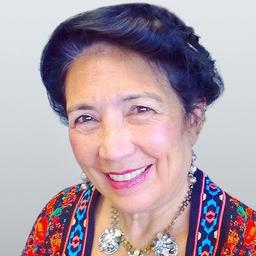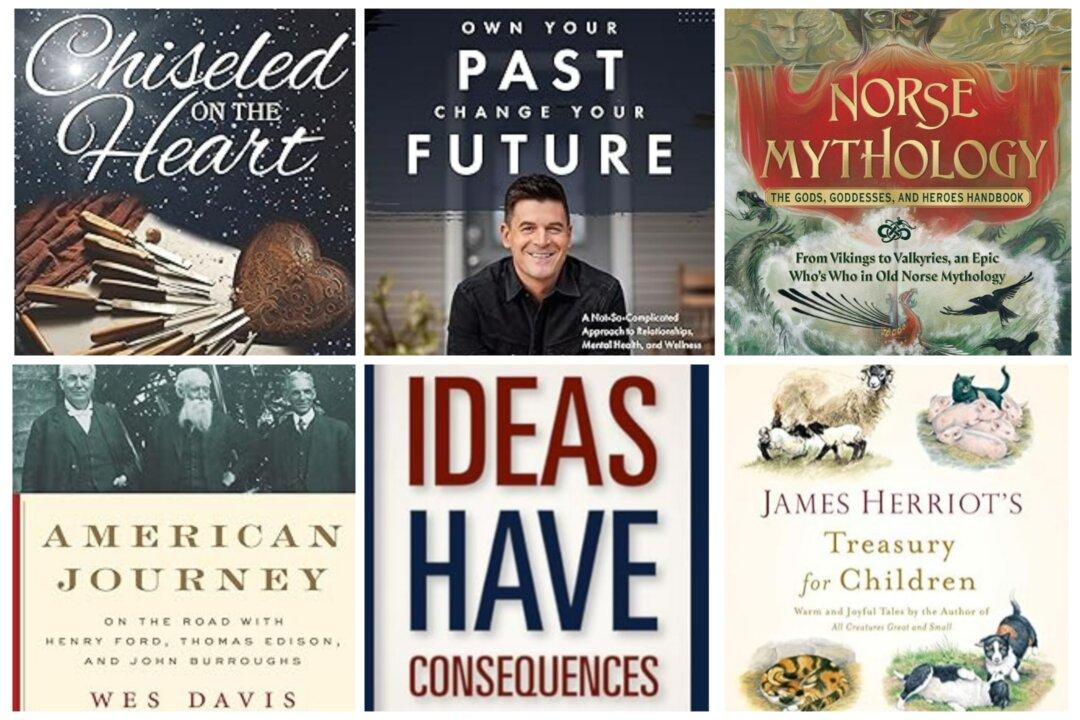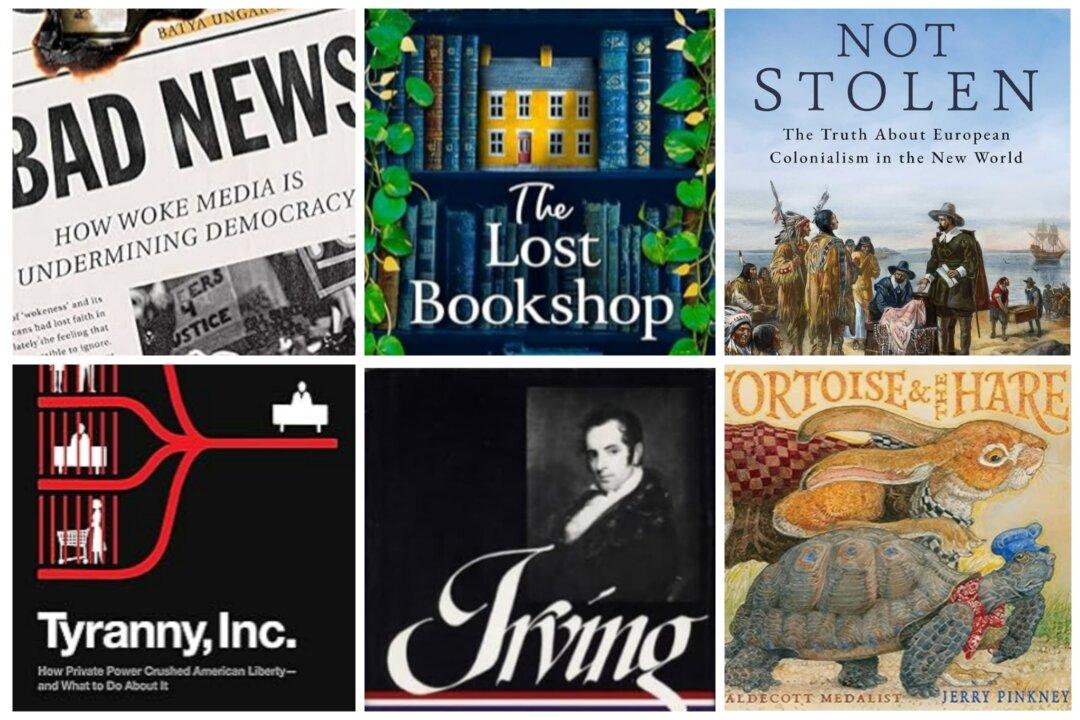In 2007, David Von Drehle moved his family to Kansas City from Washington, D.C. Already an accomplished writer and with a new opportunity to telecommute, he thought it was the perfect time to start afresh, away from a frenetic pace, and he hoped to find a more serene path for his young family. It was during an August heat wave that the journalist spotted his neighbor, Dr. Charlie White, across the street washing his girlfriend’s car. Muscular and full of energy, Dr. White was 102. Their friendship lasted seven years until Dr. White’s death in 2014 at the age of 109.
During that time, Dr. White shared many stories about his life that had spanned more than a century. For Mr. Von Drehle, these stories formed the creative nuggets that would produce a book, not just giving voice to this man’s remarkable life but to a bevy of valuable lessons about how to live a meaningful life—all set against a backdrop of bits of history.






